ADRA Denmark's CHS Independent Verification & bridge to Certification
CHS independent verification & certification is an opportunity to reflect, improve and change
July 2021
ADRA Denmark is a humanitarian and development organisation with a presence in seven countries and is part of the larger international ADRA network. After setting off for certification against the Core Humanitarian Standard (CHS) in 2017, the organisation learned quickly what it takes. After spending the last four years improving its systems and learning from audit findings, they are now ready to bridge to CHS certification. An interview with Ashton Mandrup, Assistant Programme Director at ADRA Denmark and the organisation’s journey from CHS independent verification to bridging to certification.
An interview with Ashton Mandrup, Assistant Programme Director at ADRA Denmark.
(note by the editor: since the publication of this article, Helene Ellemann-Jensen has replaced Ashton as the focal point for CHS certification)
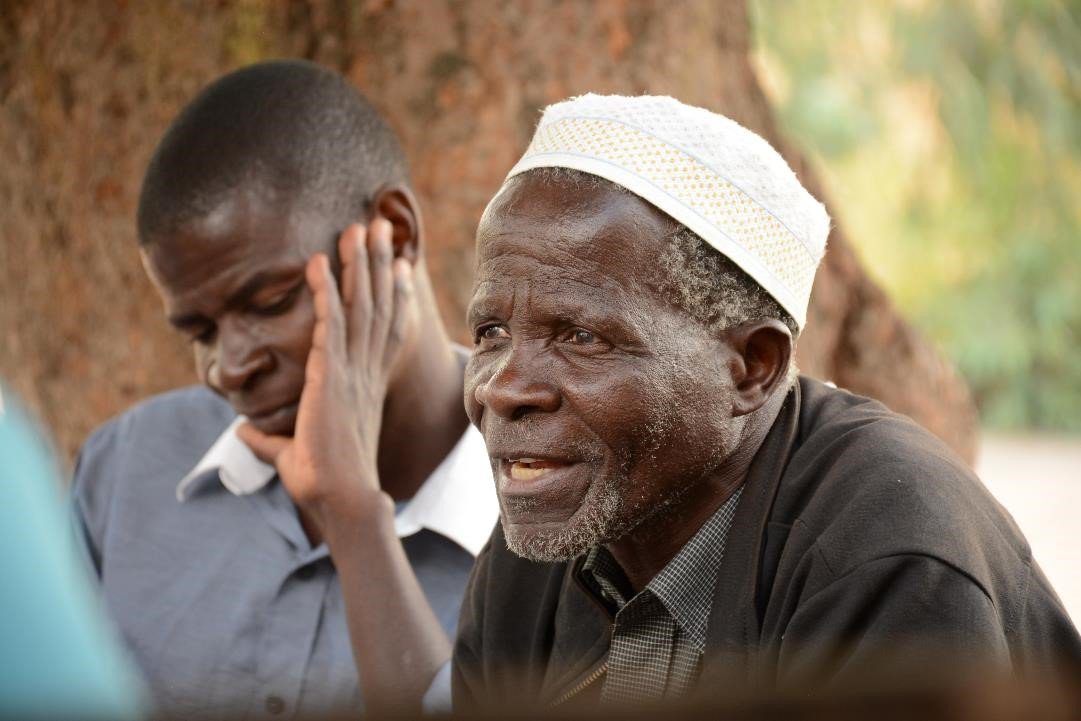
What were the reasons for ADRA Denmark to enter the independent verification process against the CHS?
The process started in 2017 and we were, quite frankly, naive at the beginning. DANIDA, the Danish government agency funding humanitarian and development organisations, made it clear that CHS certification or independent verification will become a requirement to become a partner. ADRA Denmark was already a strategic partner of DANIDA at the time and thought to be a competent, capable, and active humanitarian implementer. Therefore, the team thought that all bits and pieces are in place to get CHS certified. The initial audit by HQAI was an eye-opener! We realised that the organisation is not yet ready for CHS certification and entered the independent verification scheme instead.
A primary motivator to get independently verified against the CHS was therefore the requirement from DANIDA. Further, ADRA Denmark is one of the larger members of the ADRA network and we wanted to push to become better and stronger in the international arena. We wanted to help to leverage the network as a whole and to become an advocate for the CHS and credible to be listened to.
Finally, ADRA Denmark was already applying various international standards and was in favour of professionalising the sector. We participated in the launch of the Core Humanitarian Standard and supported the idea of unifying the different standards.
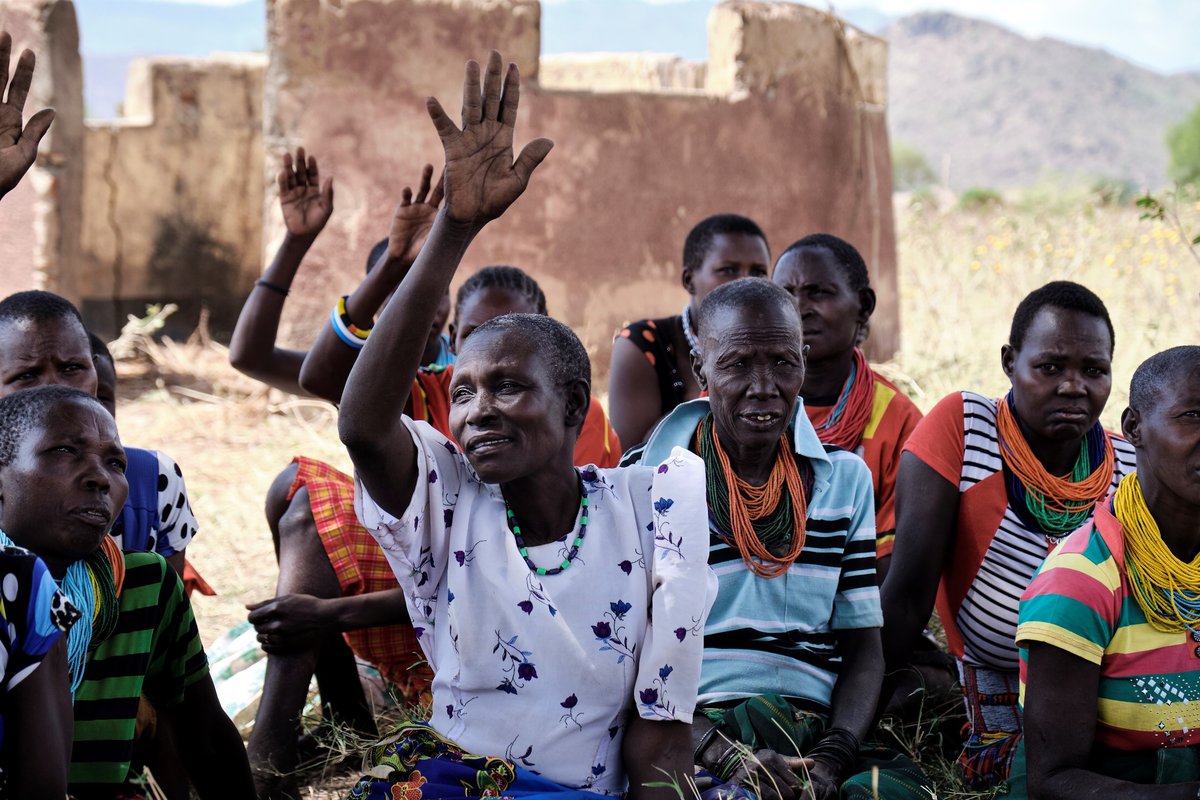
What has surprised you during the audit(s)?
As mentioned, the initial audit was an eye-opener for us. We were taken by surprise that we were not living up to the standard, meaning that there were too many non-conformities with the CHS. At the same time, we were asking ourselves, why is it so difficult to get CHS certified? Is the standard unreasonable? The following years showed how much progress we have been able to make. We were very motivated to work in tangible areas and make changes in our work with our partners.
Another surprise after the first audit and consecutive ones was that it is a lot of work to continuously follow up on our own work, but it also requires a lot of work to ensure that partners live up to the standard. ADRA Denmark implements it through locally based organisations. Partners directly interact with the affected communities. A lot of the work around the CHS was to ensure that partners have policies and processes in place to meet the commitments of the standard. This meant many initial discussions about what the CHS is. Although it was a lot of work for the partners, they have also benefitted from going through this process with us as they could meet other donor demands and show that they have systems in place such as complaint mechanisms and data protection.
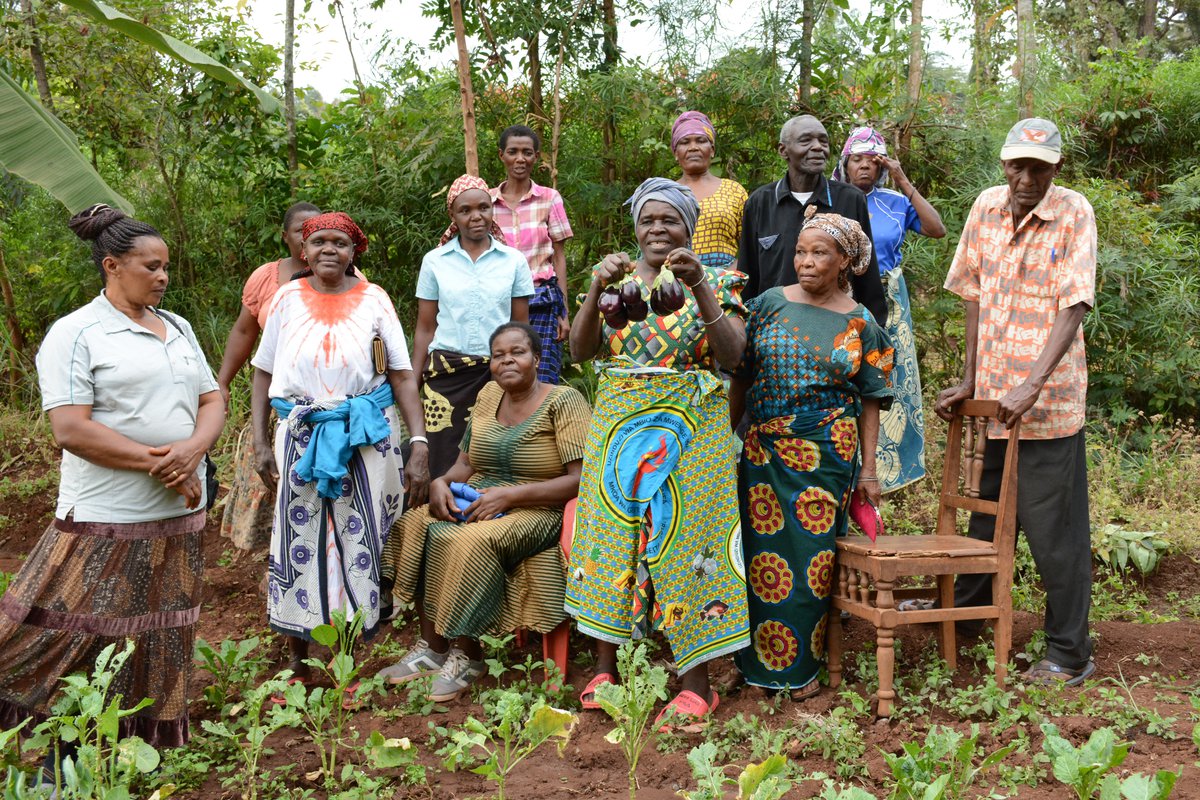
What were your major learnings from being independently verified against the CHS?
One substantial learning for us has been that policies are one thing, and implementation is another. We and our partners have used various forms of complaint mechanisms for a long time. But seeing how it is implemented on the ground is sometimes very different to what policies describe. A consensus between our partners and us had to be developed first.
Small changes can make a big difference. At first, the institution of a formal system for communities to communicate and give feedback on projects seemed an overwhelming task for many of our partners. However, discussing it and sharing feedback from other partners that were already using formal complaint mechanisms, made them realise that they already had complaint mechanisms. It had just not been written down in a formalised way. Sharing among partners allowed it not to be daunting work because it is not removed from how they are working already. Partners are locally based organisations with staff living among the communities. There are many avenues in place for the communities to share their thoughts and feelings about how projects are managed. These channels just needed to be formalised.
Although the CHS was meant to unify standards across the industry, it is still not being used enough. Last year, we underwent the ECHO partnership assessment and although a lot of the areas overlapped with the CHS, ECHO still required a separate assessment. Now, we are undergoing a renewal of our partnership with DANIDA. They use the CHS report but do not use the ECHO reports. It seems that another set of silos is created within the industry and organisations behind these silos do not talk with each other. Implementing organisations are still stuck with duplicating. This is certainly an area that needs more work from all sides.
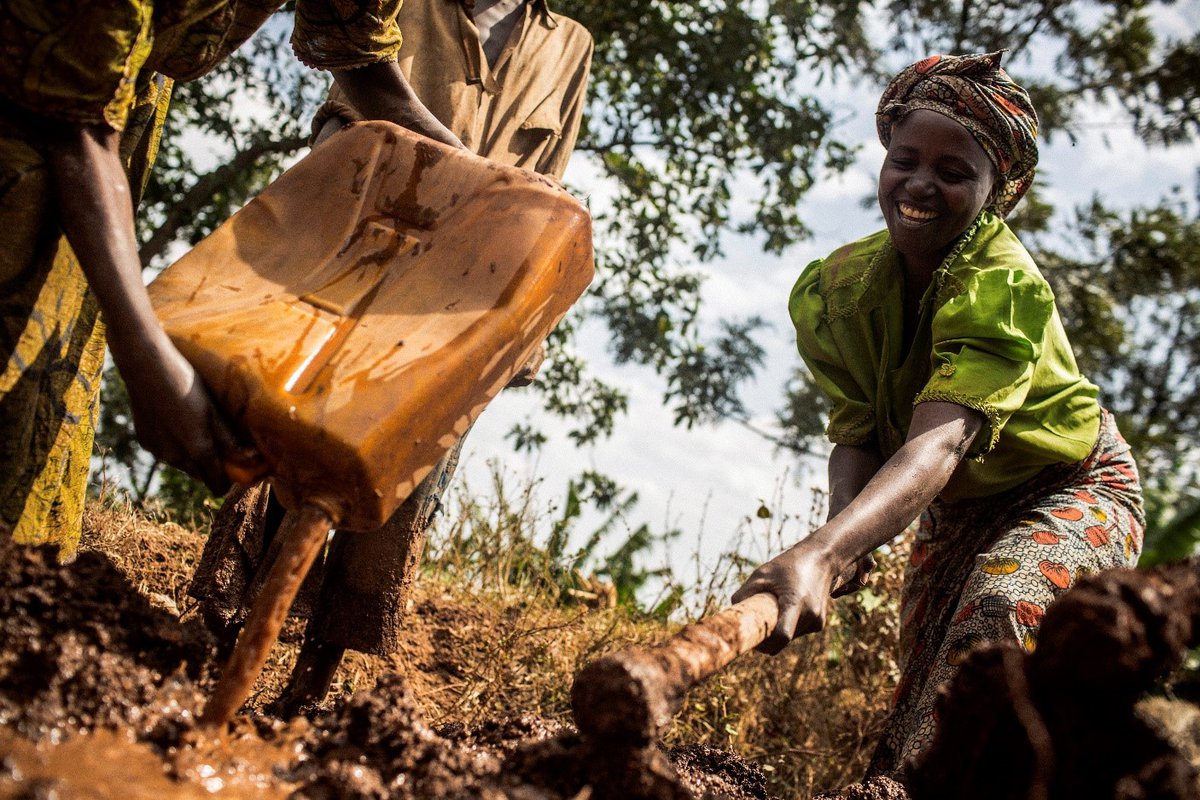
What were the reasons for bridging from independent verification to CHS certification?
ADRA Denmark had always intended to be CHS certified but we were stopped by the initial audit results that showed too many gaps. That shock has led us to get to a point where we can get CHS certified. Independent verification is a great system as it allows you to learn, grow and understand the challenges you have and work on finding solutions for that.
ADRA Denmark has spent a lot of time and resources to learn from previous mistakes and improve in areas where we were failing. Now, we want to demonstrate that we are striving to be a better organisation. CHS certification feels more rewarding, and we want to prove that we deliver professional and quality work to affected communities.
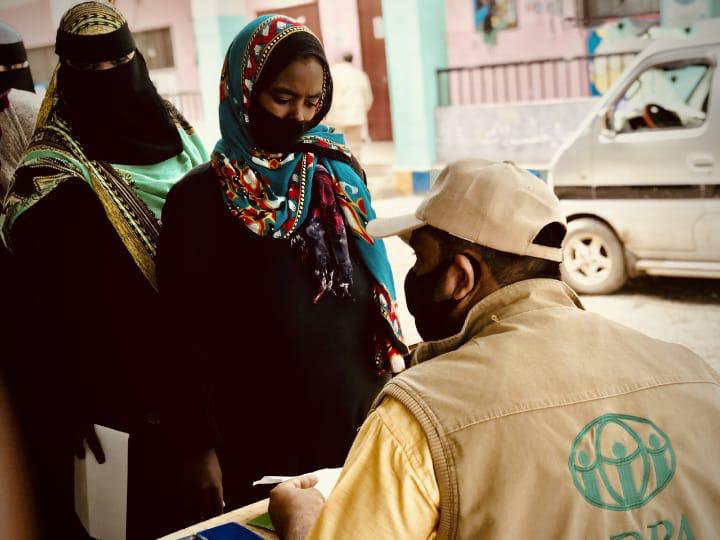
Are people you work with and for reacting to any of the changes made through independent verification?
Complaint mechanisms are the most visible change for affected communities. Many partners formalised their informal complaint mechanisms and others designed new ones when they were simply not there. Creating genuine opportunities to communicate, complain or comment is important. The feedback opportunity is widely used in many contexts and the fact that the communities talk to us is a very positive sign.
Now, we are clearer about who we are as an organisation, the reasons for being present in a context, and about our purposes and intentions. ADRA Denmark is now more intentional from the very beginning of the project. We are more open and transparent about the project objectives and limitations. This change is certainly being recognised.
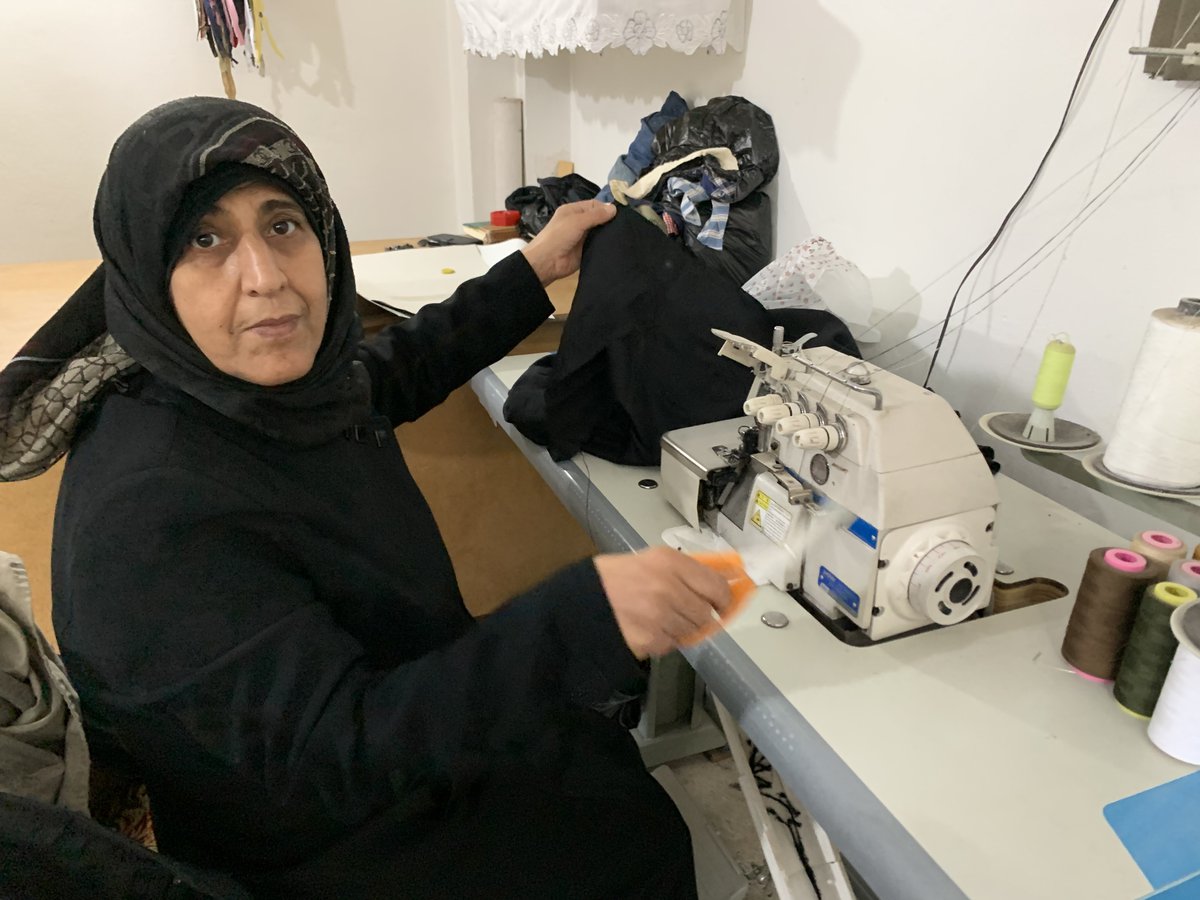
How did your network such as donors react to changes?
The general reactions were very positive. We are very upfront about CHS independent verification and the progress we made as it suggests quality programming. We are quick to say that we are in a process of CHS certification and share that information widely. Because anyone that has been through the process knows what it takes and that it is a difficult process. We are very willing to share our experience as we know how far we have come in that time. It requires a lot of an organisation to get consistently good feedback and we are quite proud of these drastic changes in the last few years.
In the Danish context, the CHS certification and independent verification have become very relevant, and the main reason is DANIDA.
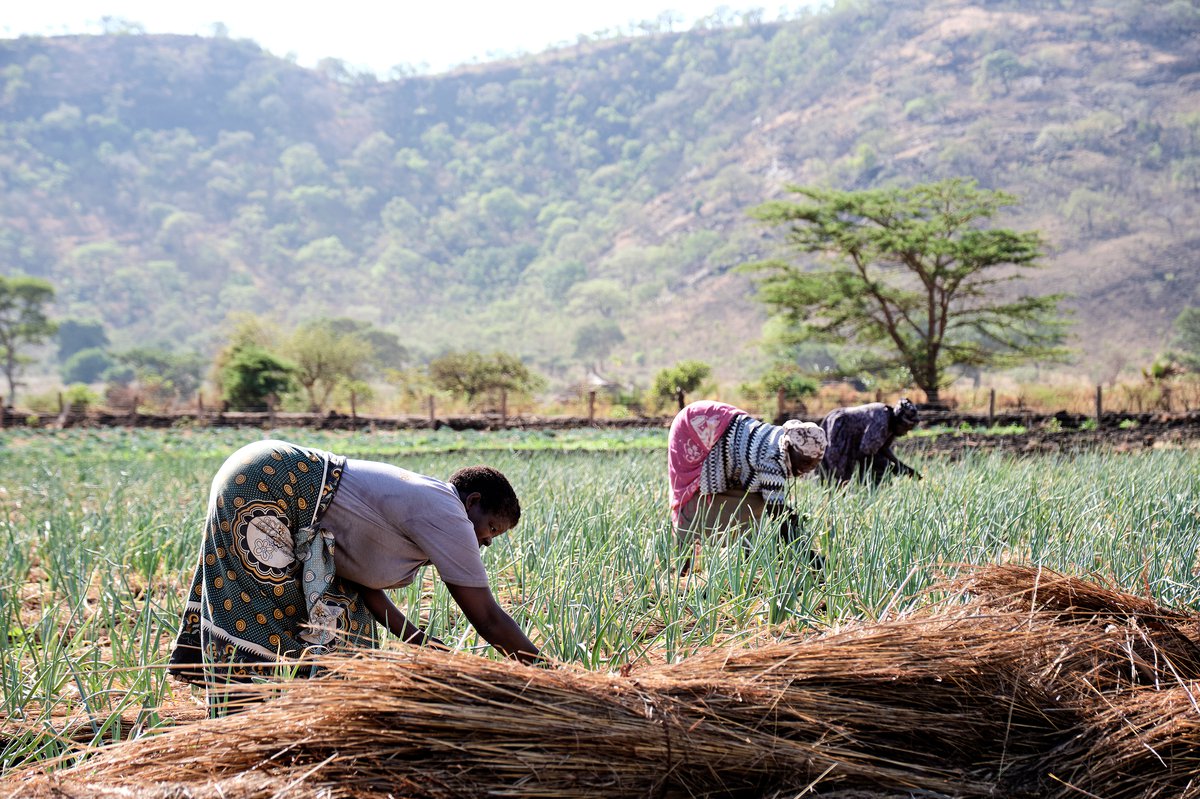
Would you recommend other organisations to get independently verified or certified?
Yes, ADRA Denmark benefitted from a tangible improvement in programming and the quality of projects have improved because of this. That is the ultimate satisfaction: we are all doing this work so that people whom we are working with and for gain something from the projects.
However, this is a big commitment, and it requires an organisation that is committed to making changes and can do so. Unless you are already very well established and working according to the standard, there will be areas where you fail. The organisation must be serious enough to take actions on recommendations, make changes and use the learnings. It requires a genuine commitment from the management but also programme and finance staff. Everyone in the organisation must be on board, and being also a significant financial commitment, it is not something you can take lightly.
CHS certification/independent verification can feel at times like an administrative burden, but then we often get reminded why it is an important tool for an organisation: it is an opportunity to reflect, improve and change. Being internally focused is difficult at times but it is also necessary to make sure that what we do has a positive impact.
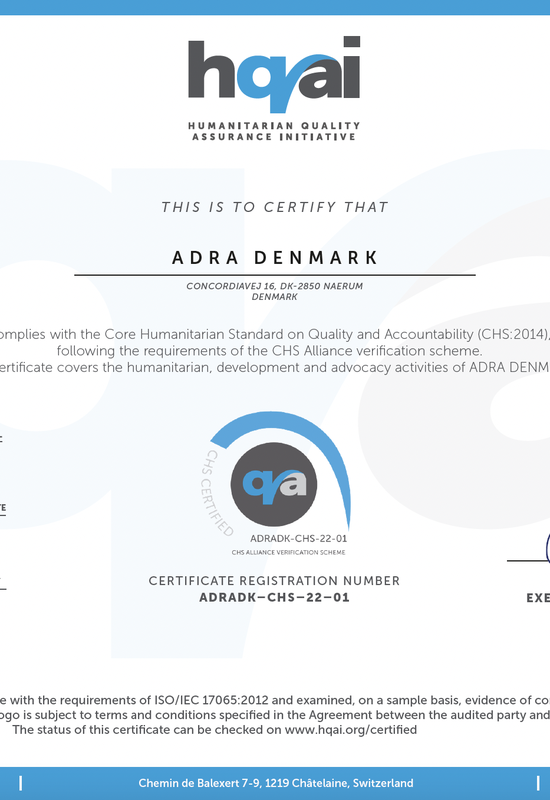
ADRA Denmark
Explore ADRA Denmark's profile and latest audit reports
Category